
The national digital platform is the core tool of "smart post-audit" (Illustration photo).
The Department of Science, Technology and Engineering said that the shift from "pre-inspection" to "post-inspection" aims to significantly reduce administrative barriers. Previously, the approval and implementation process of science and technology tasks often took a long time due to many steps from consulting to determine the tasks; selection, direct assignment, appraisal, and approval. Each step has different requirements regarding documents, procedures and processes.
Currently, the Law on Science, Technology and Innovation and its guiding Decree have reduced four main groups of administrative barriers:
Firstly, cut out the middle layer: Eliminate the task proposal and task determination consultation steps. The governing bodies and presiding units are given more autonomy in determining tasks for ordering, instead the documents are also simplified, increasing the responsibility of the presiding organization in implementation, and strengthening post-inspection.
Second, standardize and digitize the entire process of funding review, ordering, contract signing, mid-term assessment, final assessment and output efficiency, contract liquidation, and impact assessment on the National Digital Platform for Science, Technology and Innovation Management, instead of paper records.
Third, remove the regulation of manual consultation between ministries and branches, and replace it with a process of sharing data through a digital platform.
Fourth, simplify the financial mechanism, allowing the application of lump sum spending to the final product, instead of controlling each small expense.
The national digital platform for science, technology and innovation is designed as a "task lifecycle management system", including: A unified database of programs, tasks, results, budget expenditures and assets formed from science and technology tasks; Real-time monitoring tools: all tasks in progress have a progress dashboard, warnings of delays, violations, and automatic connection to the auditing agency; Publicly disclose research results, reports, and output products according to the level of data openness, helping the community and businesses to easily access, reduce the risk of duplication and increase transparency; Integrate digital signatures, electronic contracts and data tracking to ensure legality and prevent file modification.
According to the Department of Science, Technology and Environment, the national digital platform is the core tool of "smart post-audit". The digital platform will help accelerate policy innovation and testing (sandbox) thanks to real-time data feedback; significantly reduce administrative costs and risks of corruption and vested interests; create a scientific environment of integrity, transparency and accountability - a necessary foundation for Vietnam to form a sustainable national innovation ecosystem.
Source: https://mst.gov.vn/nen-tang-so-quoc-gia-giup-nang-cao-tinh-minh-bach-cac-nhiem-vu-khcn-197251114153256026.htm







![[Photo] Action for the Community tells stories of enduring journeys – both intimate and great, yet quiet and determined](https://vphoto.vietnam.vn/thumb/1200x675/vietnam/resource/IMAGE/2025/11/15/1763179022035_ai-dai-dieu-5828-jpg.webp)













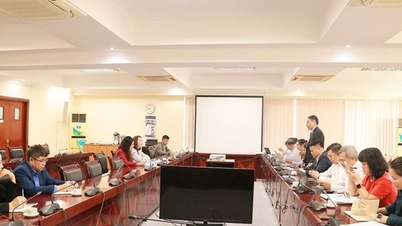
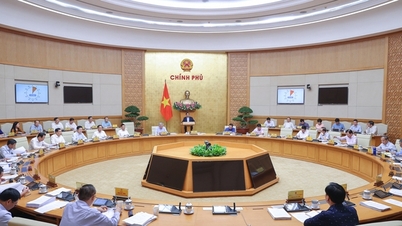
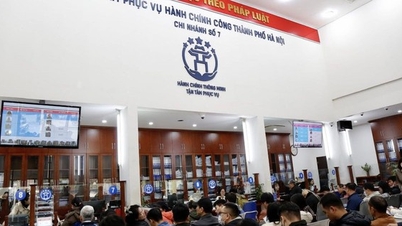
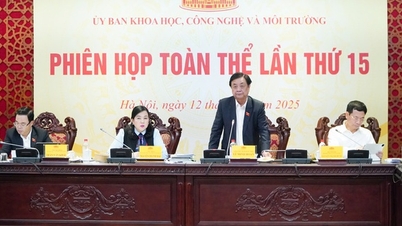
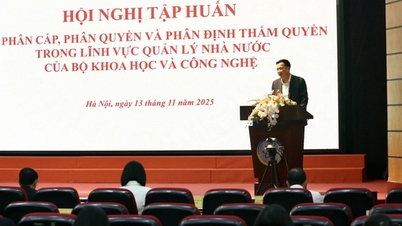








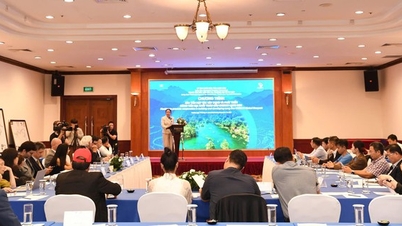




















































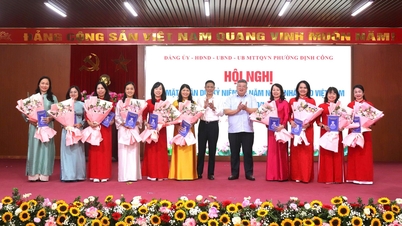













Comment (0)